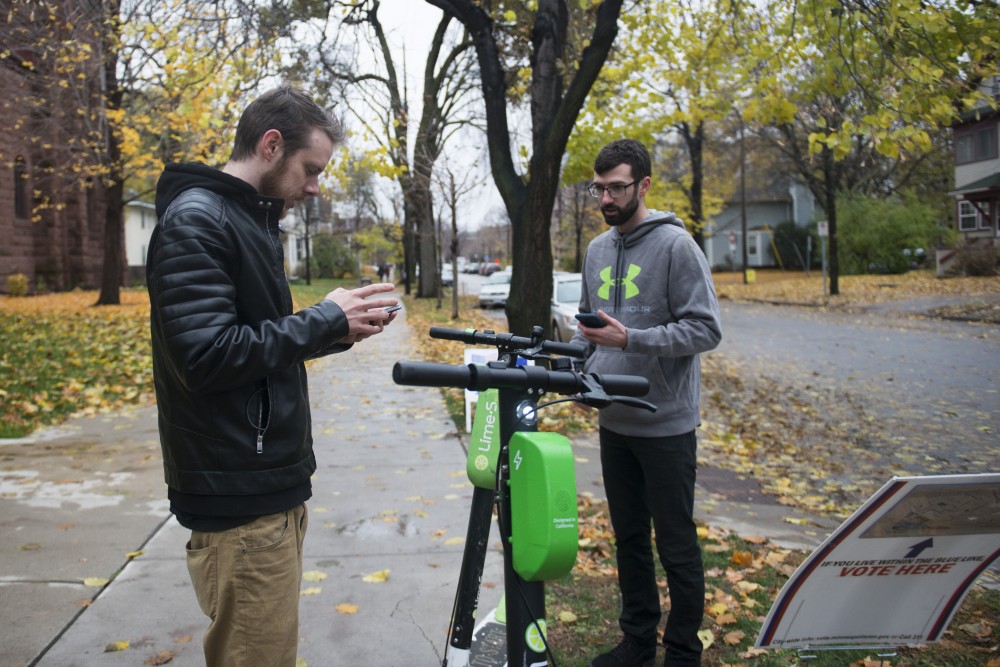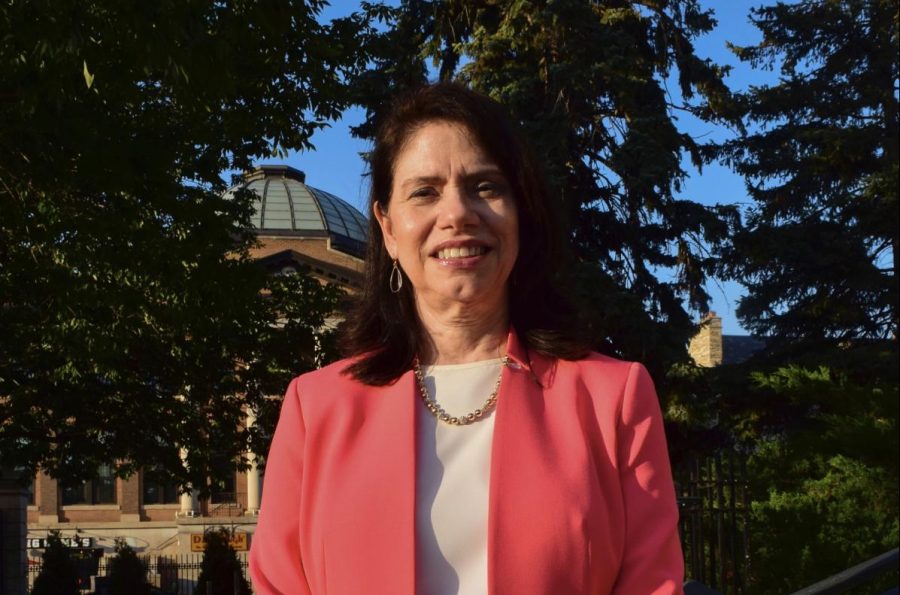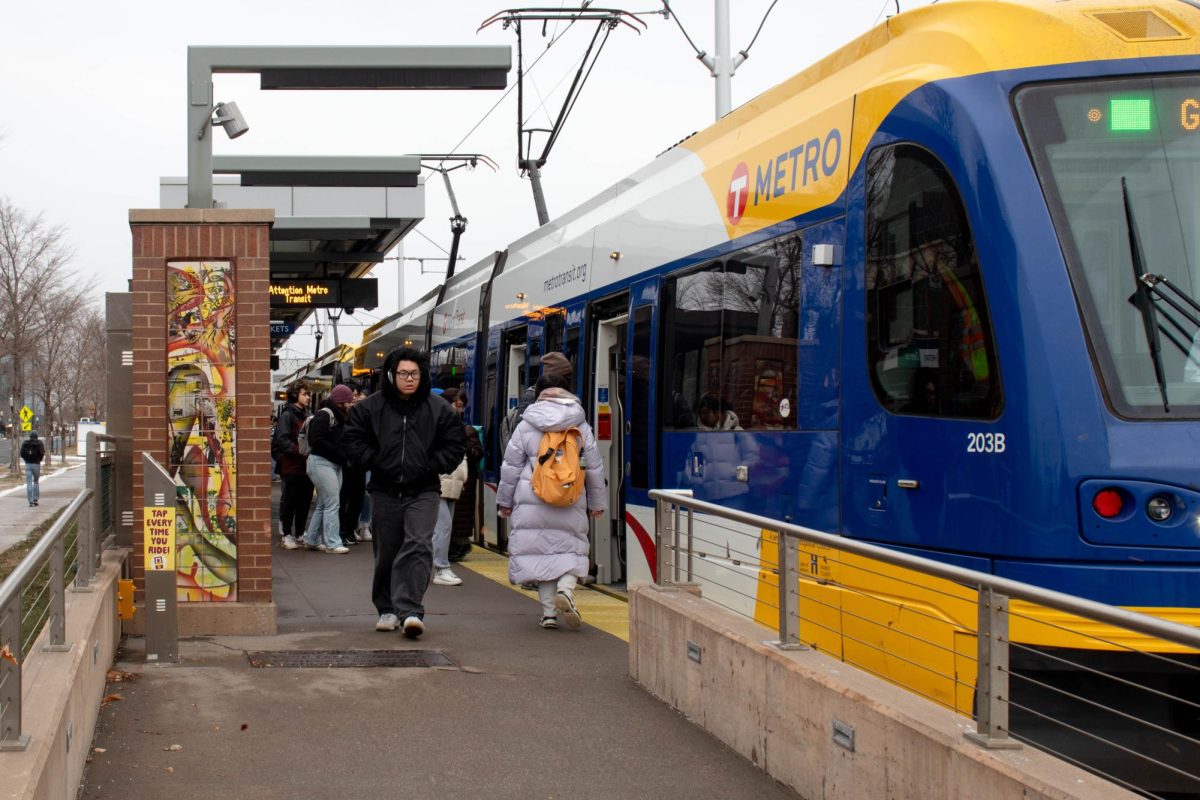Electric scooters will likely soon return to Minneapolis following recent approval of a second pilot program with a focus on accessibility.
The Minneapolis City Council approved the program, which would go through March 2020, last month. While city and University officials said they’ve had success with the scooters, they first need to solidify details of the scooters’ return over the next few weeks.
Josh Johnson, the city’s advanced mobility manager, said the scooters were used to travel to work and dining and entertainment destinations, not just for fun.
“[We] very quickly realized that … they were a meaningful transportation option for many people,” Johnson said.
City data collected from the 2018 pilot program showed over 70,000 people rode scooters, traversing over 90 percent of Minneapolis’ streets and trails. There were fewer than 100 formal complaints made to the city.
The city will bring back the scooters as soon as possible, ideally before Minneapolis students are out of school, Johnson said. He said safety and equity are at the forefront of this year’s pilot program.
“[The scooters] definitely did not serve a wide breadth of the city and definitely did not exist in any kind of scale, in particular, in our low income, non-white majority neighborhoods,” Johnson said.
In addition to increasing the number of scooters allowed on the streets from 600 to 2,000 and putting them in more neighborhoods, the city is looking to increase accessibility by implementing low-income pricing and options for individuals without smartphones or credit cards, Johnson said.
Ward 3 City Council member Steve Fletcher said the most common feedback he received was a need for more scooters.
“What people found was that … unless you were right downtown at certain times of day, there weren’t enough of them to be able to count on [using them],” Fletcher said.
Steve Sanders, alternative transportation manager for University Parking and Transportation Services, said PTS hopes to bring the scooters back before the spring semester ends.
“We liked it a lot, because it was was so popular for one thing … and I’m sure over time … the novelty will wear off,” Sanders said. “But now, there’s lots of people who haven’t tried them … and I think they … provide a legitimate transportation option for people.”
While 80 percent of users reported satisfaction with the scooters, according to the city’s data, not everyone is thrilled about their return. University senior Alex Schatz said he wants to see more enforcement of traffic laws on the scooters.
“They were … parked all over the place, like in the middle of sidewalks or on the bridge where you had to like climb around them to actually continue walking on the bridge,” Schatz said. “And the people driving them were … going in between pedestrians or on the road violating traffic laws — just chaos all over the place.”
Fletcher said these kinds of issues are an expected part of the city’s adjustment to the new transportation.
“There were, as you would expect, I think some growing pains, and there were some … people not knowing how they were supposed to use them,” Fletcher said. “And I think once people really started understanding, ‘OK, these work the way bikes work,’ … it’s sort of making a lot more sense.”








